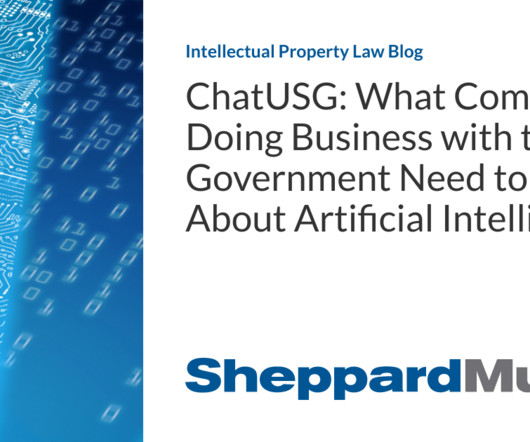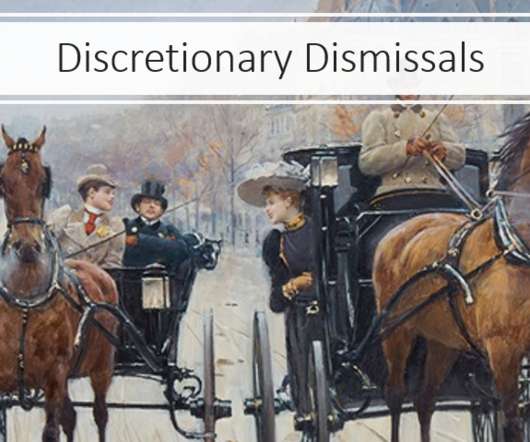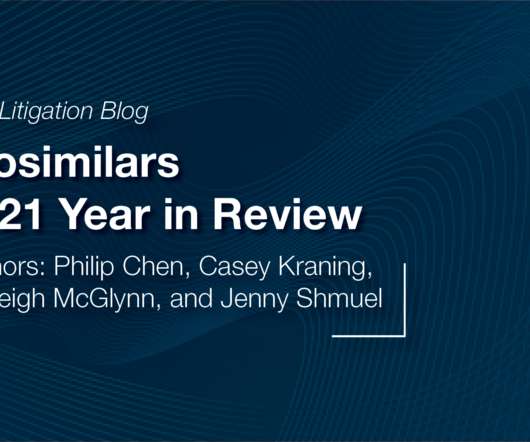ChatUSG: What Companies Doing Business with the Government Need to Know About Artificial Intelligence
Intellectual Property Law Blog
MAY 2, 2023
The AI Bill of Rights is a voluntary, non-binding framework, but federal agencies likely will consider it as they craft guidance and requirements regarding the development and use of artificial intelligence. Like the AI Bill of Rights, compliance with this framework is voluntary but the purpose of the AI RMF 1.0















Let's personalize your content